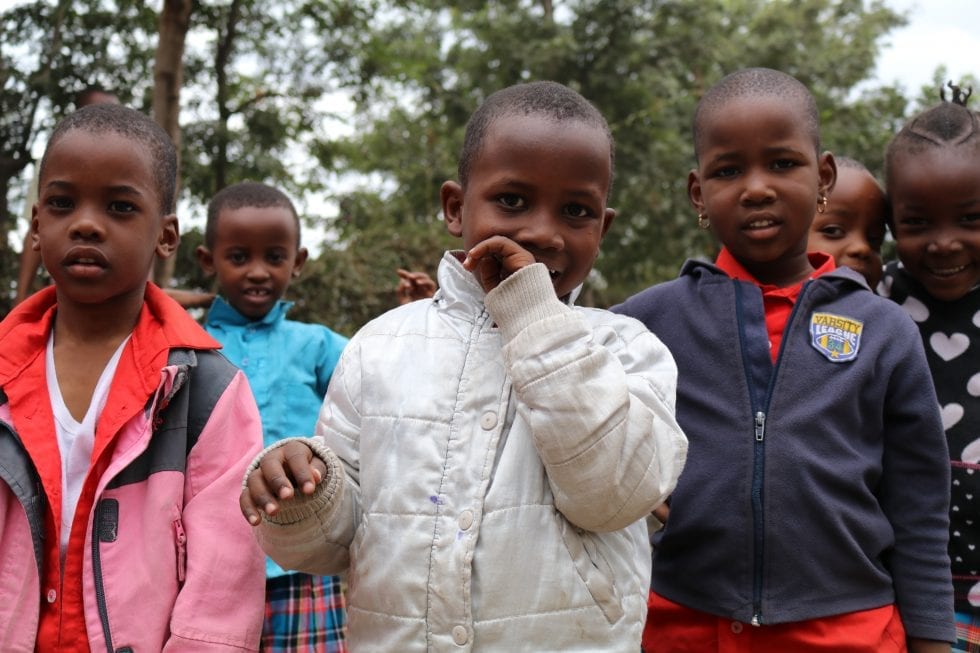
How Covid-19 Is Exposing Inequalities Worldwide
Six weeks ago, New York Governor Andrew Cuomo shared that his brother, a high profile member of the media, Chris Cuomo, had become infected with COVID-19. In the governor’s press conference, he referred to the coronavirus as “the great equalizer” alluding to the fact that even the rich, powerful and famous are not immune to COVID-19. However, some media outlets quickly critiqued pointing out this title of “the great equalizer” doesn’t fit when considering those that are already living in poverty. COVID-19 can certainly lower the lofty people of society, but it doesn’t exalt the poor to equality. As the pandemic spreads into the Global South, it is clear that COVID-19’s potential is to only bring the lowly lower still.
Living on the coast of California, I imagine that I have one of the better situations during this global pandemic. My state was the first to lock down and my county has fared much better than other places regarding infection rate. Unlike many other people, I’ve been able to keep my job. My kids are home as school is closed, but they’re safe and my amazing wife takes care of them tirelessly. More or less, we’ve adapted. I’m even able to work from an empty room at my church which is just across the street from where I live. If COVID-19 has lowered me, it’s been negligible.
It is from that position of privilege, working on my computer in the church library, that I received a sobering email from someone that works for a 1MILLIONHOME partnering organization in Madagascar. She wrote me the same week as Governor Cuomo’s press conference: “Thank you for the prayers, it’s been super intense and now with the virus being here it definitely makes things more challenging (like everywhere else in the world right now). But pray for this country, there is no such thing as self-isolation here for families that all live in one room and there are only nine ventilators in the whole country.”
No such thing as self-isolation. Nine ventilators in a country of over 26 million people.
Her assessment is not abnormal compared with other lower income countries. Our partner in Sierra Leone said they only have 13 ventilators. Beyond the lack of adequate healthcare and social reasons that physical distancing doesn’t work well, the ramifications beyond the pandemic are staggering. One Ugandan leader emailed me saying that the government mandated quarantine is “good and protective but [they] did not think of how people are going to survive because we realized that many poor people are going to die not because of the virus but instead of hunger.” Another organization in Uganda brought up how people living with HIV have had difficulty getting their anti-retroviral medications updated due to the lockdown.
This list goes on. On a recent interview, a practitioner in India noted that “on the national government helpline there were 92,000 child abuse calls that were recorded just in the [first] 11 days [of lockdown] so now we are on the seventh week so you can imagine what the situation is.” A partner in Zambia shared how the economic impact is going to be a primary problem as the local currency devalues and hyperinflation takes place. Another partner in Brazil shared about the children in their care that are already traumatized and the lockdown has led to a few of the children running to the streets. Just in the last few days, I received an email from someone in Kenya speaking to the education factor for their program as they “are still in dire need [of] resources to help connect 47 children to e-learning.”
Beyond the initial toll…secondary factors like hunger and child abuse are likely to have an even more lasting effect.
Beyond the initial toll that the coronavirus is having in lower income countries, secondary factors like hunger and child abuse are likely to have an even more lasting effect. As an organization concerned with children living outside of parental care, our team saw these secondary factors play out in places like Kenya, Malawi and Thailand where children were being sent out of orphanages back into families that weren’t ready. We are all about kids going home, but it needs to be safe and we developed the RAPID Response Framework to offer guidance for practitioners. Such guidance tools are helpful, but that is just one piece as meeting the needs of at risk children during the pandemic is so expansive.
Children in lower income communities and countries have already been disadvantaged along the fronts of healthcare, education and nutrition. Many of these children have already suffered poverty, abuse, neglect and family breakdown in various forms. The pandemic has made all of these risk factors worse. In areas where there isn’t a safety net for most children, the kids just plummet. In a globally connected world during a worldwide pandemic, what happens to these children is a matter for all of us.
The words “unprecedented time” have been used in every conversation and news report it seems. This unprecedented time has led to a lot of other “times”. A time when families are increasingly insecure with food. A time when children are at increased risk of abuse and child protection agencies have their hands tied to help. A time where healthcare systems, both mighty and meek, are being brought to their knees. In the midst of all these difficult times, I want to present another.
This is a time for all of us to lean in towards our global neighbor. While donations to charitable causes are in decline during the pandemic, I would challenge all of us towards generosity. Not everyone is in a position to donate, especially those that have lost their employment, but there are many of us that could. There are excellent organizations supporting the needs of children and families at this time. If you have an organization that you’ve been supporting, don’t shrink back. Lean in. If you recognize that you have the means to support the important work of protecting vulnerable children and are looking for a new connection, 1MILLIONHOME would gladly point you towards excellent organizations serving kids during this time of need.
COVID-19 has certainly exposed inequalities facing people throughout the world. Let’s join together and tip the scales towards those that are most in need during the pandemic.
.......................
 ABOUT THE AUTHOR
ABOUT THE AUTHOR
Brandon Stiver is a Senior Director at 1MILLIONHOME, host of the Think Orphan Podcast and author of the book "Teteeni Shauri La Yatima" ("Take Up The Cause of the Fatherless"). After spending several years working cross culturally with orphaned and vulnerable children in Tanzania, Brandon now resides in Tacoma, Washington where he oversees global programming for 1MILLIONHOME.

